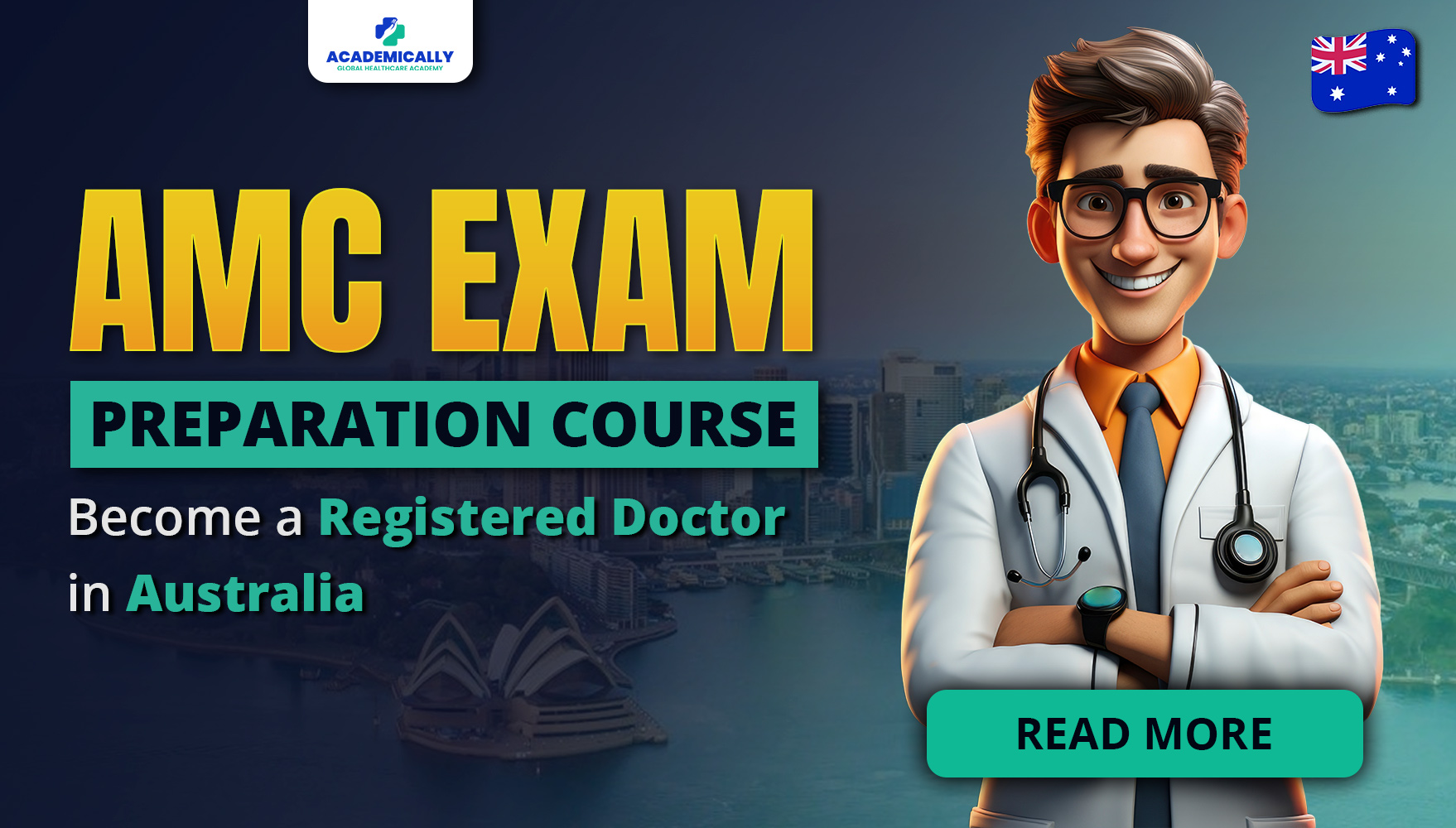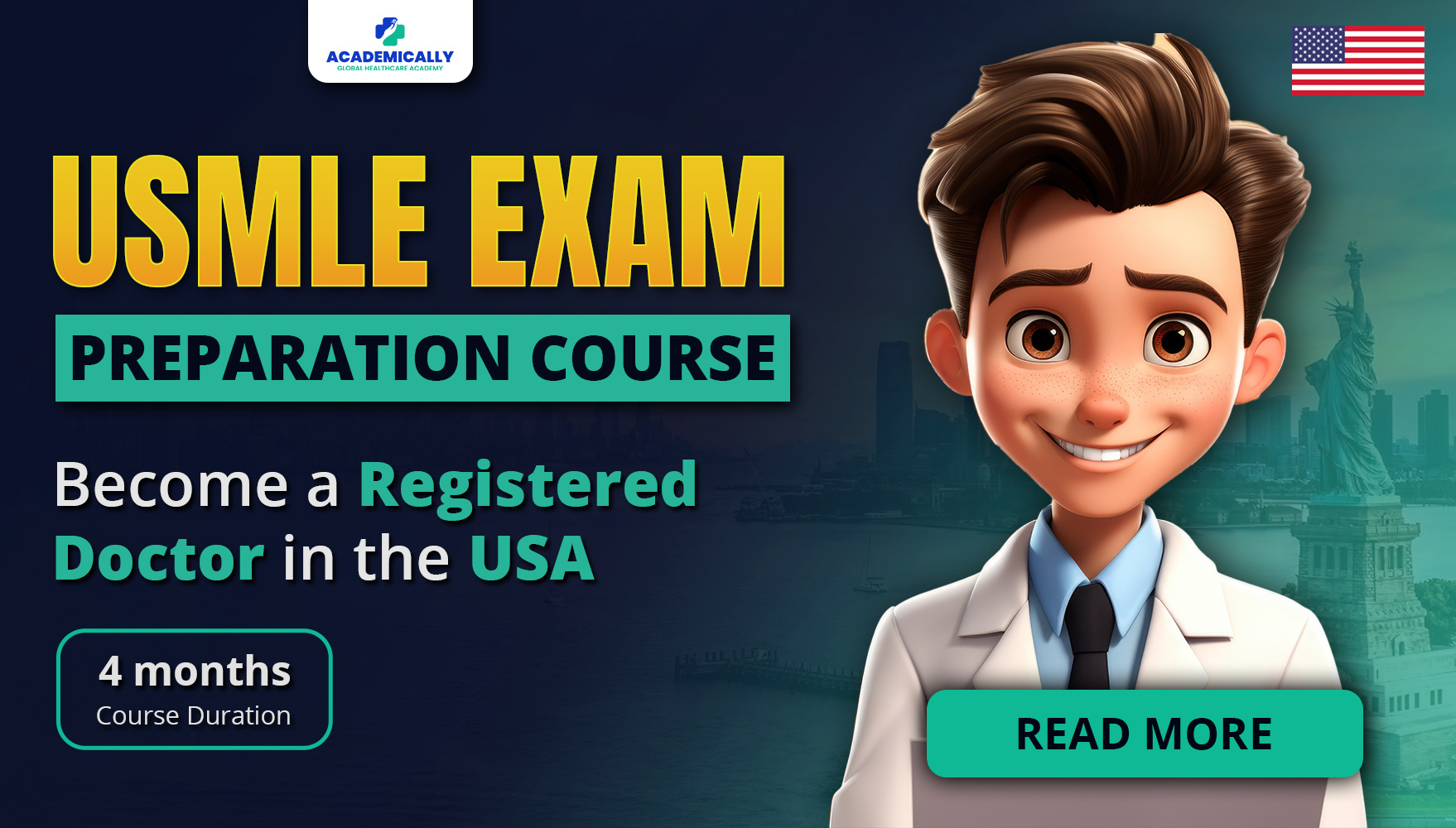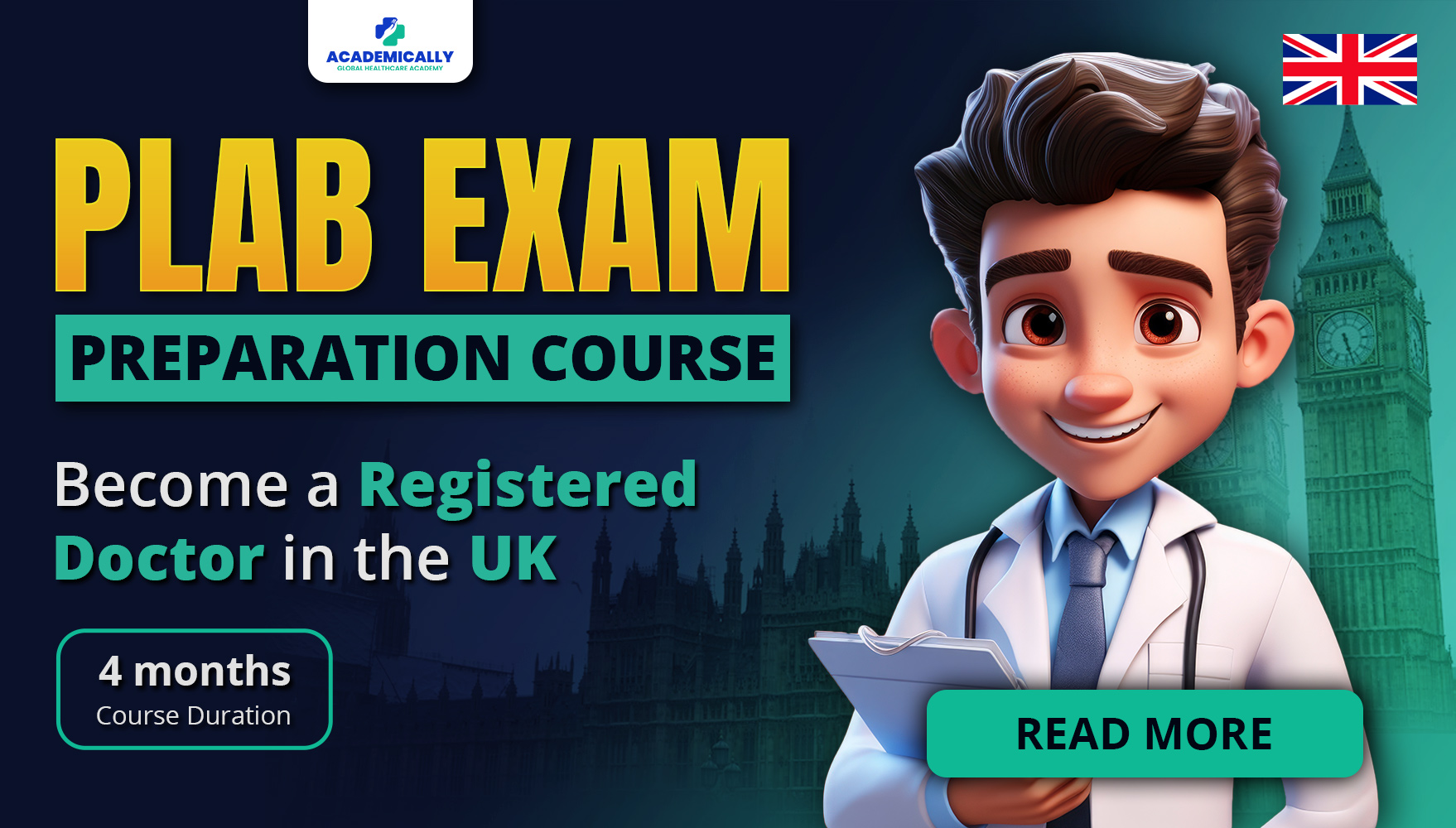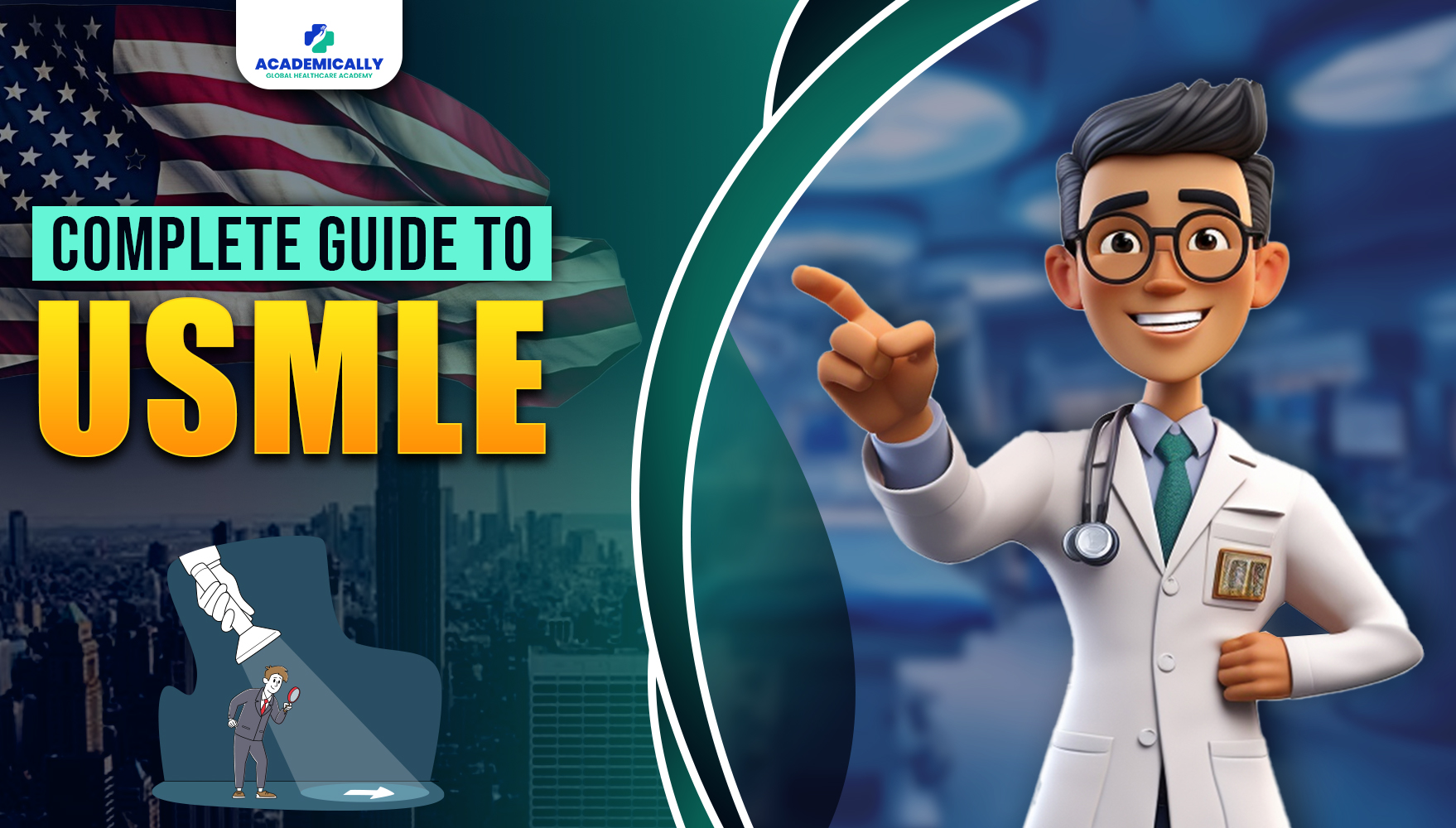What is FMGE?
FMGE stands for the Foreign Medical Graduate Examination. It is an examination conducted by the National Board of Examinations (NBE) in India. The FMGE is mandatory for Indian citizens who have obtained their medical degrees from countries other than India and wish to practice medicine in India.
The purpose of the FMGE is to ensure that foreign medical graduates possess the necessary knowledge and skills equivalent to those of Indian medical graduates, as stipulated by the Medical Council of India (MCI) guidelines. Passing the FMGE is a requirement for foreign medical graduates to obtain provisional or permanent registration with the Medical Council of India or any State Medical Council, thus allowing them to practice medicine in India.
FMGE is conducted by the NBE twice a year to offer registration to foreign doctors. Generally, FMGE is a prevalent choice for medical graduates from Asian countries, who wish to pursue medical practice in India.
What are the Alternatives?
FMGE is the choice for medical graduates who prefer working in India compared to their own country. The working conditions and job benefits in India along with the demand for doctors might be lucrative for them. Also, FMGE is an easier exam compared to other medical registration exams, and hence the choice.
However, IMGs need to know about the famous alternatives to FMGE, which can allow them to become a medical practitioner in a world-class facility established in an outstanding first-world country. Let us read about them now.
Australian Medical Council (AMC) Examination
The Australian Medical Council (AMC) Exam is a series of tests conducted by the Australian Medical Council (AMC) for medical graduates who have obtained their qualifications from medical schools outside of Australia and New Zealand and who want to get registered here. These exams test the readiness of international medical graduates (IMGs) to practice medicine in Australia. The two major components of the AMC Exam include-
- AMC MCQ Examination: This is a multiple-choice question examination that assesses candidates' knowledge of medical concepts, clinical reasoning, and understanding of medical ethics and professionalism.
- AMC Clinical Examination: This examination evaluates candidates' clinical skills, including history taking, physical examination, communication skills, and clinical reasoning in simulated patient encounters. It assesses candidates' ability to apply medical knowledge and clinical skills in real-life situations.
After clearing these two examinations and the required internship hours (for recent graduates), global doctors can become registered practitioners in Australia.

United States Medical Licensing Examination (USMLE)
As the name suggests, the United States Medical Licensing Examination (USMLE) is a three-step examination for medical licensure in the United States. It is sponsored by the Federation of State Medical Boards (FSMB) and the National Board of Medical Examiners (NBME). The USMLE is designed to assess a physician's ability to apply knowledge, concepts, and principles to demonstrate the fundamental patient-centered skills that are essential for safe and effective patient care. It consists of three steps:
- USMLE Step 1: This step evaluates the examinee's understanding and ability to apply basic science concepts to the practice of medicine, with a focus on principles and mechanisms underlying health, disease, and modes of therapy.
- USMLE Step 2 CK (Clinical Knowledge): This step assesses the medical knowledge and understanding of clinical science necessary for the provision of patient care under supervision. It emphasises the diagnosis and management of disease states that are commonly encountered in clinical settings.
- USMLE Step 3: This step assesses whether the examinee can apply medical knowledge and understanding of biomedical and clinical science necessary for the unsupervised practice of medicine, with an emphasis on patient management in ambulatory settings.
The USMLE is a key component of the medical licensure process in the United States and is required for both graduates of U.S. medical schools and international medical graduates (IMGs) who seek licensure to practice medicine in the United States. Clearing USMLE steps 1 and 2 allows international medical graduates to pursue medical residency in the US. After completing their residency, they can clear USMLE step 3 and get complete and unrestricted registration in the US.

Professional and Linguistic Board Examination (PLAB)
The Professional and Linguistic Assessments Board (PLAB) test is a series of examinations conducted by the General Medical Council (GMC) in the United Kingdom. It is designed to offer medical registration to global medicos in the UK after assessing their knowledge and skills. The PLAB test consists of two parts:
- PLAB Part 1: This is a written multiple-choice examination that assesses candidates' knowledge and understanding of basic medical sciences and clinical medicine. The exam is typically taken by IMGs who have completed their medical education outside of the European Economic Area (EEA) or Switzerland. PLAB Part 1 assesses candidates' ability to apply medical knowledge to clinical scenarios.
- PLAB Part 2: This is a practical Objective Structured Clinical Examination (OSCE) that evaluates candidates' clinical skills and competence in a simulated clinical environment. PLAB Part 2 assesses candidates' ability to communicate effectively with patients, perform clinical examinations, make appropriate diagnoses, and develop management plans.
MGs who pass both parts of the PLAB test are eligible to apply for registration with the GMC and obtain a license to practice medicine in the UK.

Final Words
For international medical graduates seeking overseas opportunities for career advancement, these three exams serve as a perfect alternative to FMGE. Clearing any of these exams can provide you access to a world-class working environment along with benefits and global recognition. If you consider these exams difficult and strenuous, you need to get in touch with Academically now! Our experts will help you navigate through these exams swiftly and will make sure that your hard work pays off in unprecedented ways!
Fill up this form for a free one on one counselling session.





